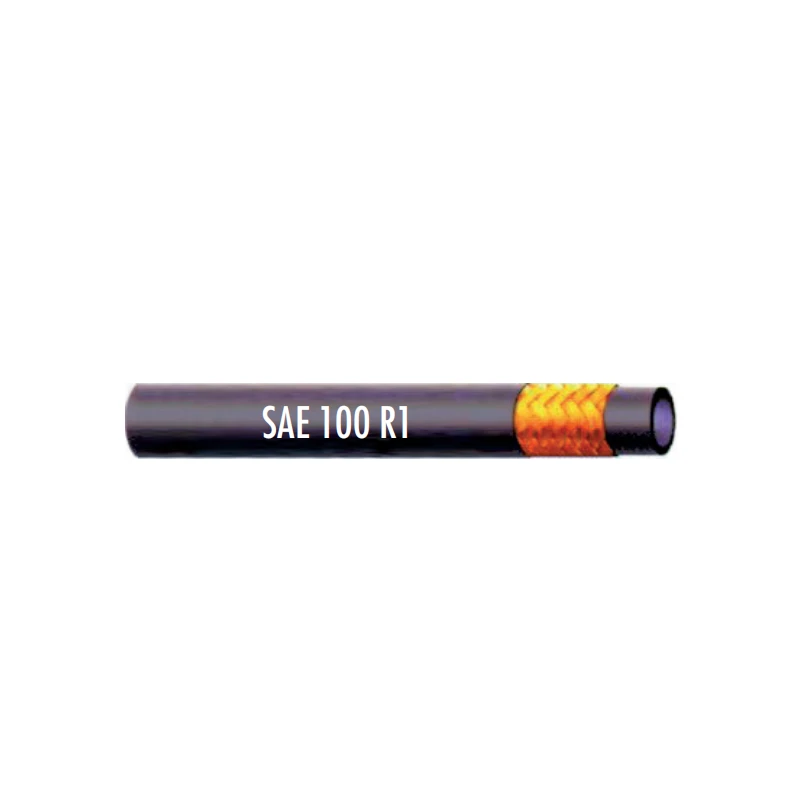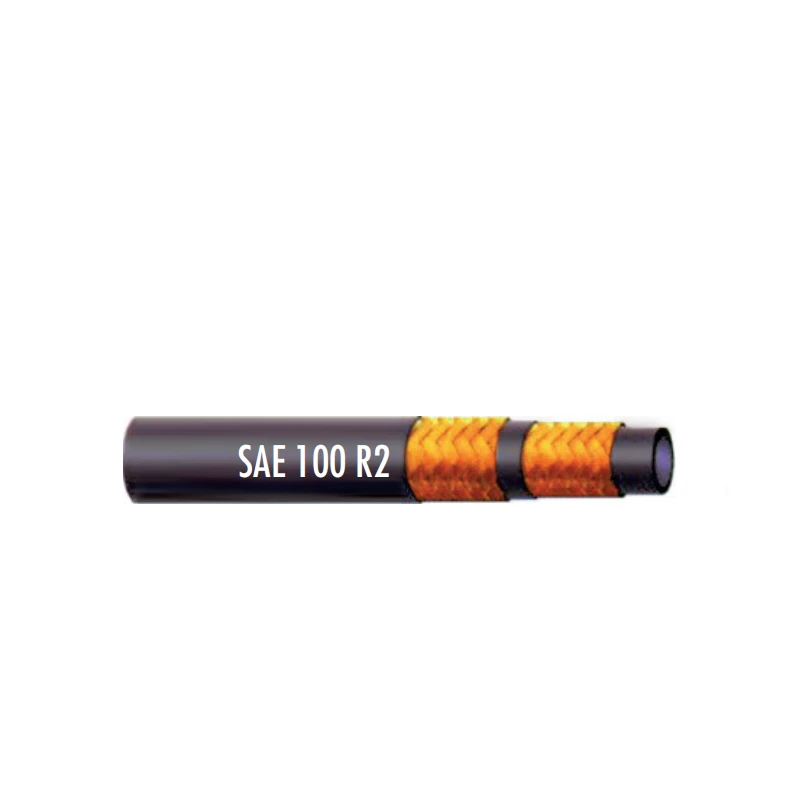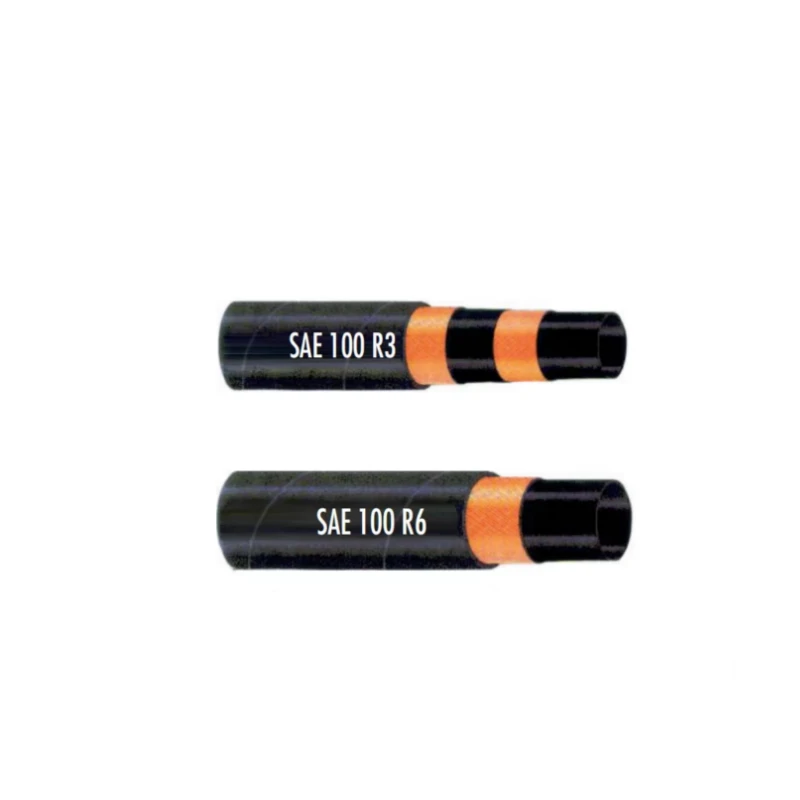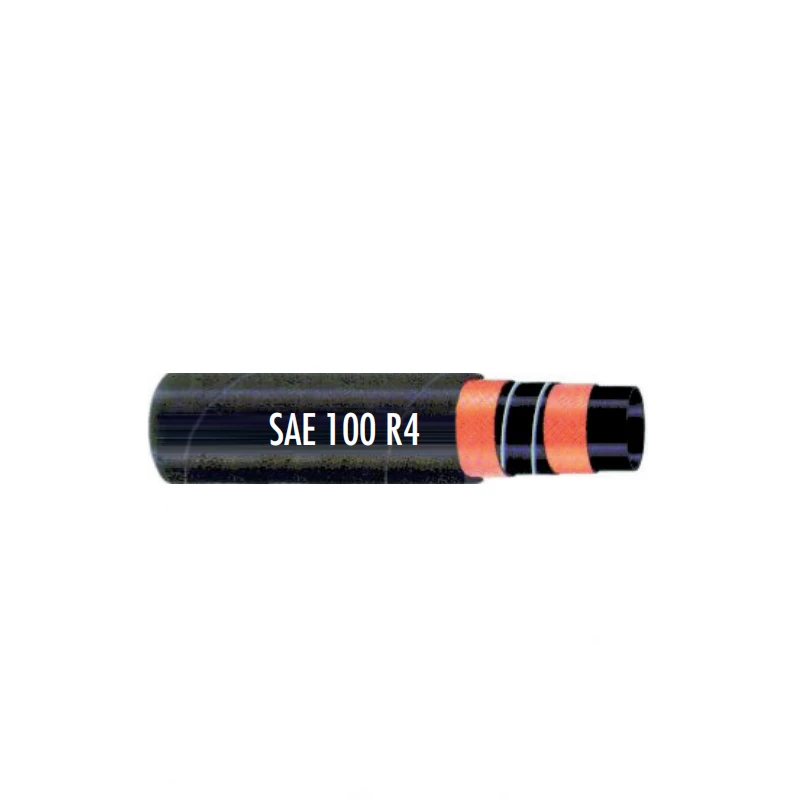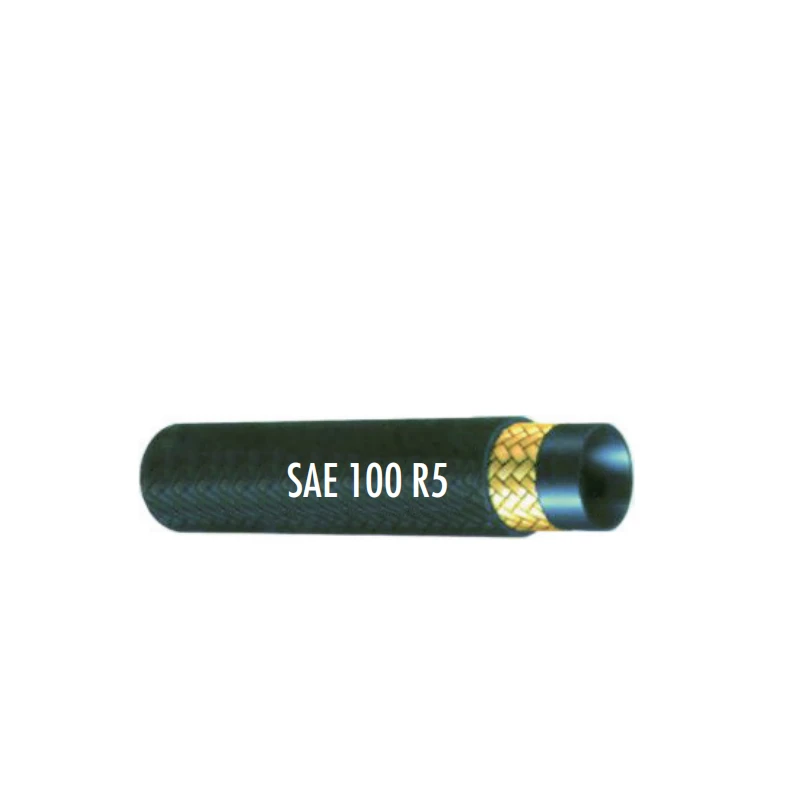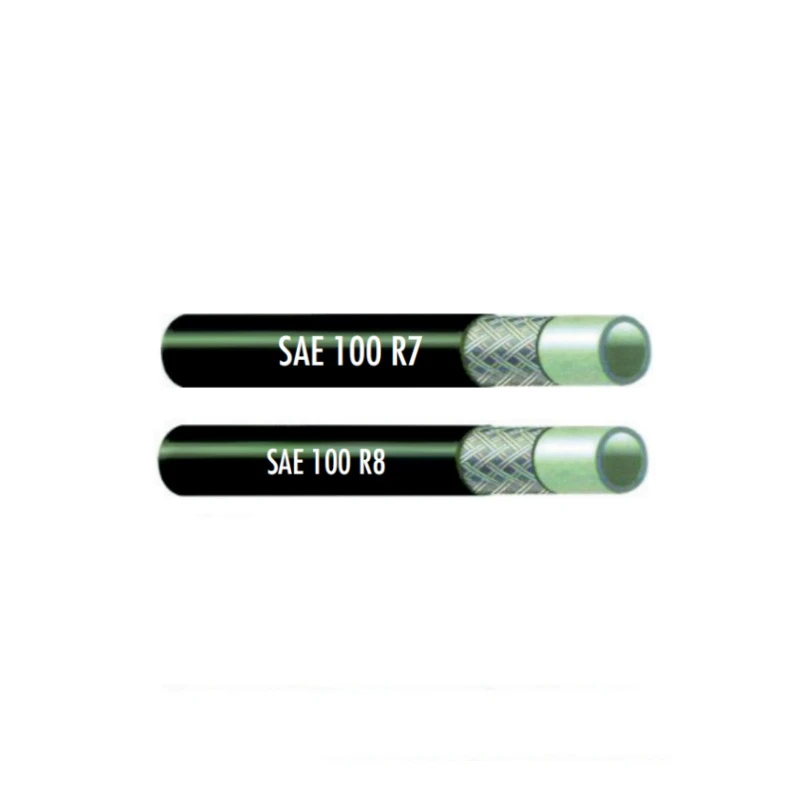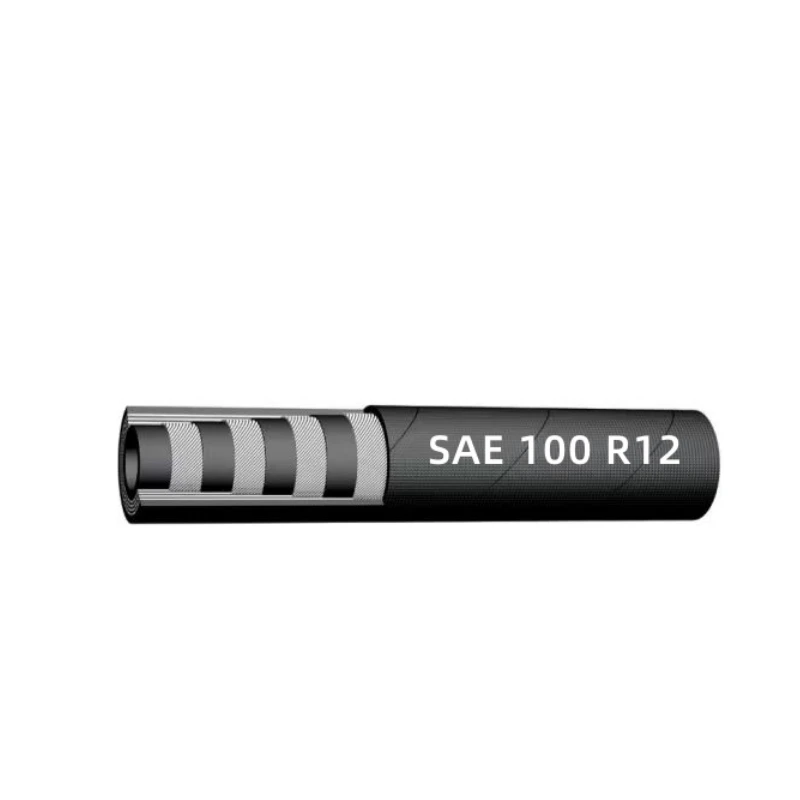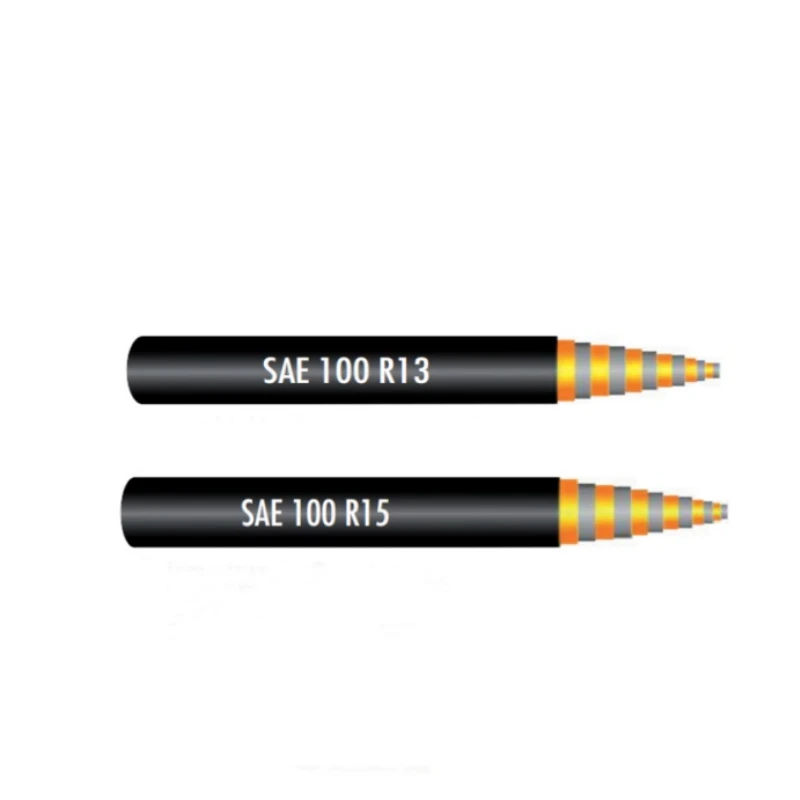
- Afrikaans
- Albanian
- Amharic
- Arabic
- Armenian
- Azerbaijani
- Basque
- Belarusian
- Bengali
- Bosnian
- Bulgarian
- Catalan
- Cebuano
- Corsican
- Croatian
- Czech
- Danish
- Dutch
- English
- Esperanto
- Estonian
- Finnish
- French
- Frisian
- Galician
- Georgian
- German
- Greek
- Gujarati
- haitian_creole
- hausa
- hawaiian
- Hebrew
- Hindi
- Miao
- Hungarian
- Icelandic
- igbo
- Indonesian
- irish
- Italian
- Japanese
- Javanese
- Kannada
- kazakh
- Khmer
- Rwandese
- Korean
- Kurdish
- Kyrgyz
- Lao
- Latin
- Latvian
- Lithuanian
- Luxembourgish
- Macedonian
- Malgashi
- Malay
- Malayalam
- Maltese
- Maori
- Marathi
- Mongolian
- Myanmar
- Nepali
- Norwegian
- Norwegian
- Occitan
- Pashto
- Persian
- Polish
- Portuguese
- Punjabi
- Romanian
- Russian
- Samoan
- scottish-gaelic
- Serbian
- Sesotho
- Shona
- Sindhi
- Sinhala
- Slovak
- Slovenian
- Somali
- Spanish
- Sundanese
- Swahili
- Swedish
- Tagalog
- Tajik
- Tamil
- Tatar
- Telugu
- Thai
- Turkish
- Turkmen
- Ukrainian
- Urdu
- Uighur
- Uzbek
- Vietnamese
- Welsh
- Bantu
- Yiddish
- Yoruba
- Zulu

Ağu . 08, 2025 04:00 Back to list
Wholesale Hose Clamps | Bulk Supplier & Manufacturer
In the vast landscape of industrial and domestic fluid transfer systems, hose clamps play a seemingly small yet critically important role. Their ability to securely connect hoses to fittings, preventing leaks and ensuring system integrity, makes them indispensable across countless applications. For businesses requiring these components in significant quantities, understanding the nuances of hose clamp wholesale procurement is paramount. This comprehensive guide delves into everything from market trends and technical specifications to manufacturing processes and supplier selection, offering an expert perspective for optimizing your supply chain.
Industry Trends and Market Dynamics in Hose Clamp Bulk Procurement
The global market for hose clamps is dynamic, driven by growth in industries like automotive, construction, agriculture, and manufacturing. Recent market analyses indicate a steady increase in demand, particularly for high-performance and specialized clamps. The rise of electric vehicles, for instance, introduces new fluid management challenges, demanding more resilient and lightweight clamping solutions. Similarly, advancements in industrial automation and precision agriculture necessitate clamps that can withstand extreme conditions and offer consistent, reliable performance.
Key trends influencing the hose clamp bulk market include:
- Material Innovation: Increased adoption of advanced materials like marine-grade stainless steel (316L) and composite materials for enhanced corrosion resistance and strength-to-weight ratios.
- Smart Manufacturing & Automation: Automation in production lines leads to higher precision, reduced labor costs, and faster turnaround times for hose clamp wholesale orders.
- Sustainability Focus: Growing emphasis on eco-friendly manufacturing processes and recyclable materials, aligning with global environmental regulations.
- Customization Demand: A significant trend towards specialized clamps tailored for unique applications, including specific torque requirements, unique diameters, or integrated features for sensor compatibility.
Understanding Hose Clamps: Types, Technical Parameters & Specifications
A hose clamp, at its core, is a device used to attach and seal a hose onto a fitting, creating a leak-proof connection. While the basic function remains consistent, the variety of designs and specifications is vast, catering to diverse application needs. When considering hose clamp for sale, it's crucial to understand these distinctions.
Common Types of Hose Clamps:
- Worm Gear Clamps: The most common type, featuring a band with perforations or threads that engage with a screw mechanism. Widely used for general-purpose applications.
- Spring Clamps: Designed with a self-tensioning mechanism to compensate for thermal expansion and contraction, commonly found in automotive cooling systems.
- T-Bolt Clamps: Provide high clamping force with a robust design, ideal for heavy-duty applications, high-pressure, or high-vibration environments. Often seen as a premium option when searching for hose clamps for sale.
- Ear Clamps (Oetiker Style): A single-use, tamper-proof clamp installed with special pliers, offering a uniform seal without edges, popular in automotive and appliance industries.
- Constant Tension Band Clamps: Designed with a Belleville spring mechanism to maintain consistent sealing pressure under varying temperatures.
- AN Hose Clamps: Specifically designed for aerospace-grade AN (Army-Navy) fittings and hoses, known for precision and high performance in motorsports and aviation.
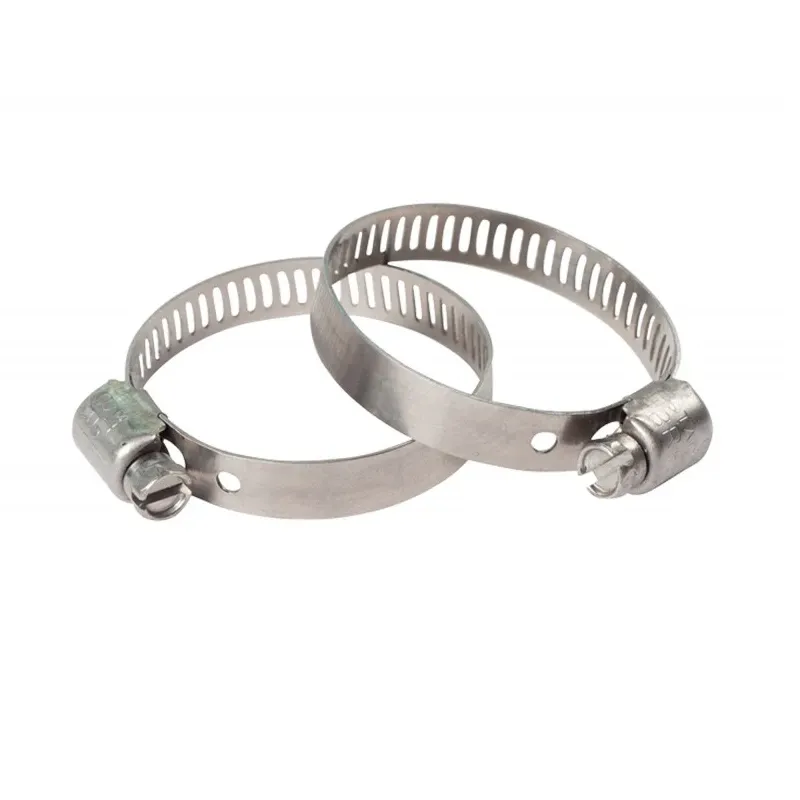
Modern manufacturing lines ensure consistent quality for hose clamp wholesale orders.
Key Technical Parameters and Considerations:
Selecting the right clamp involves evaluating several technical parameters that directly impact performance and longevity. A reputable hose clamp manufacturer will provide detailed specifications for their products.
- Material: The most critical factor. Common materials include:
- AISI 304 Stainless Steel: Excellent general corrosion resistance. "AISI" stands for American Iron and Steel Institute, a standard for stainless steel grades.
- AISI 316 Stainless Steel: Superior corrosion resistance, especially against chlorides, making it ideal for marine, chemical, and food processing environments.
- Galvanized Carbon Steel: Cost-effective with good rust protection for mild environments, typically coated with zinc.
- Band Width & Thickness: Determines clamping force distribution and strength. Wider bands generally provide better sealing.
- Clamping Range (Diameter): The minimum and maximum diameters the clamp can secure.
- Torque Rating: The maximum recommended tightening torque (e.g., in Nm or in-lbs) to achieve optimal sealing without damaging the hose or clamp. This is a critical factor for installation standards.
- Pressure Rating: The maximum internal pressure the hose-clamp assembly can withstand without leakage, often determined by burst tests.
- Temperature Range: The operational temperature limits the clamp can endure without material degradation or loss of clamping force.
- Corrosion Resistance: Measured by salt spray tests (e.g., ASTM B117) or material grade, indicating resistance to rust and degradation in harsh environments.
- Installation Standard: Refers to the recommended procedure and tools for installing the clamp to ensure proper function and seal integrity. For example, specific torque wrenches for worm gear clamps or crimping tools for ear clamps.
Hose Clamp Common Parameter Comparison Table
This table summarizes key characteristics of common hose clamp wholesale types, providing a quick reference for procurement decisions. Data points are illustrative based on typical industry averages.
| Parameter | Worm Gear (Standard) | T-Bolt Clamp | Spring Clamp | Ear Clamp (Single Ear) |
|---|---|---|---|---|
| Material Options | 304 SS, Galvanized Steel | 304 SS, 316 SS | Spring Steel (carbon/stainless) | 304 SS, 316 SS |
| Typical Clamping Force (Relative) | Medium | High | Medium (Constant) | High (Concentrated) |
| Pressure Rating (PSI) | Up to 150-200 | Up to 400+ | Up to 100-150 | Up to 250 |
| Temperature Range (°C) | -40 to +120 | -60 to +200 | -30 to +150 | -40 to +120 |
| Reusability | Yes | Yes | Yes | No (Single Use) |
| Vibration Resistance | Good | Excellent | Excellent (Self-Adjusting) | Good |
| Cost (Relative) | Low to Medium | Medium to High | Medium | Low to Medium |
| Typical Applications | General plumbing, automotive, garden | Heavy-duty industrial, exhaust, turbo | Automotive cooling, HVAC | Automotive, appliances, white goods |
The Manufacturing Process of a Quality Hose Clamp: From Raw Material to Finished Product
The journey of a hose clamp from raw material to a robust sealing component involves precise engineering and stringent quality control. A reliable hose clamp factory follows a multi-stage manufacturing process to ensure product integrity and performance. While specific steps may vary slightly between clamp types, the core principles remain consistent.
Manufacturing Process Flow:
Below is a simplified, illustrative representation of the manufacturing process. (Note: In a real-world scenario, this would be accompanied by a visual diagram or short video showing each step with directional arrows).
Raw Material Selection & Preparation
Description: The process begins with the careful selection of high-grade raw materials, typically stainless steel coils (AISI 304, 316) or galvanized carbon steel. Material certification (e.g., adherence to ASTM A240 for stainless steel) ensures chemical composition and mechanical properties meet specifications. Coils are unrolled and cut into appropriate widths for band and housing components.
Stamping & Forming (Band & Housing)
Description: High-precision presses stamp the band material, creating the necessary perforations or smooth surfaces. Simultaneously, the housing components (bridge, saddle, ear) are stamped and formed from sheet metal. This stage often involves progressive dies for efficiency and accuracy. For T-bolt clamps, the band ends are precisely shaped for the bolt connection.
Screw/Bolt Manufacturing (if applicable)
Description: For worm gear and T-bolt clamps, the screw or bolt is typically manufactured separately through cold forging or CNC machining, followed by thread rolling. This ensures high tensile strength and precise threading for smooth operation and optimal torque application. Material often matches the clamp (e.g., 304 SS or plated carbon steel).
Assembly
Description: Automated or semi-automated assembly lines bring all the components together. For worm gear clamps, the band is fed into the housing, and the screw is inserted. For T-bolt clamps, the bolt and nut are assembled with the band. Ear clamps are formed and ready for a final crimp. This step requires precision to ensure proper alignment and function of the clamping mechanism.
Surface Treatment & Finishing (e.g., Passivation, Plating)
Description: Depending on the material and desired corrosion resistance, clamps undergo surface treatments. Stainless steel clamps often go through passivation (acid treatment to remove free iron and enhance the passive layer, as per ASTM A967/A380) to maximize corrosion resistance. Carbon steel clamps are typically zinc-plated or chromate-coated for rust protection.
Quality Control & Testing
Description: This is a critical stage. Clamps are subjected to rigorous testing, including:
- Visual Inspection: Checking for defects, burrs, or incomplete assembly.
- Dimensional Checks: Verifying adherence to precise specifications using calipers and gauges.
- Torque Testing: Measuring the maximum torque the clamp can withstand before failure, or the operational torque required for sealing.
- Pressure Testing (Leak Test): Assembling clamps onto hoses and subjecting them to hydraulic or pneumatic pressure to check for leaks.
- Salt Spray Testing: (e.g., ISO 9227 / ASTM B117) Evaluating corrosion resistance over time in a simulated corrosive environment.
- Tensile Strength Testing: Measuring the strength of the band and connection points.
- Vibration Testing: Assessing performance under dynamic conditions.
Compliance with international standards like ISO 9001 (Quality Management) and relevant industry standards (e.g., SAE J1508 for automotive hose clamps, or specific ANSI standards for pipe clamps) is verified here.
Packaging & Dispatch
Description: Once quality assured, the clamps are packaged, often in bulk quantities, ready for hose clamp wholesale distribution. Packaging methods are designed to protect the products during transit and facilitate efficient inventory management for customers.
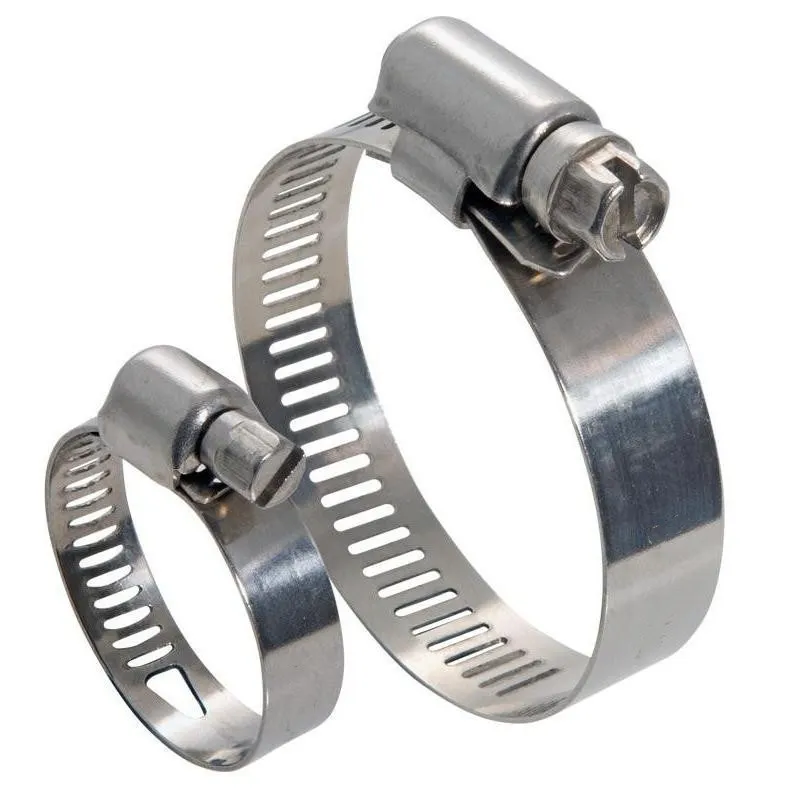
Rigorous testing ensures that every hose clamp bulk order meets performance standards.
Application Scenarios & Industry Use Cases: Where Quality Clamps Excel
The versatility of hose clamps means they are integral to a vast array of industries. From high-stakes industrial applications to everyday consumer products, the reliability of a hose clamp supplier's product directly impacts system performance and safety.
- Automotive Industry: Critical for cooling systems (radiator hoses), fuel lines, exhaust systems, and vacuum lines. Quality clamps prevent coolant leaks, maintain fuel efficiency, and ensure emissions control. The demand for specific AN hose clamps for performance vehicles is also growing.
- Petrochemical & Chemical Processing: Used in pipelines, pumps, and valves to secure hoses transporting corrosive fluids, gases, and high-pressure media. Here, material choice (e.g., 316 SS) and anti-corrosion properties are paramount to prevent catastrophic leaks and ensure worker safety.
- Metallurgy & Mining: In abrasive and high-temperature environments, robust clamps secure hoses for hydraulic systems, cooling water, and slurry transport. Their durability directly contributes to reduced downtime and maintenance costs.
- Water Treatment & Municipal Utilities (Give & Drainage): Essential for securing pipes and hoses in water distribution networks, sewage systems, and irrigation setups. Longevity and corrosion resistance are key for underground and outdoor installations.
- HVAC & Refrigeration: Clamps secure refrigerant lines, condensate drains, and air ducts. Their ability to maintain a tight seal under varying temperatures is crucial for energy efficiency and preventing refrigerant loss.
- Agriculture: Used on irrigation equipment, sprayers, and hydraulic systems on farm machinery. Resistance to outdoor elements and consistent performance in harsh conditions are vital.
- Marine Industry: Exposure to saltwater demands superior corrosion resistance. Stainless steel clamps (especially 316 SS) are critical for fuel lines, bilge pumps, and exhaust systems on boats and ships, preventing galvanic corrosion.
Product Highlight: Hose Clamp by J&Y
Our Hose Clamp product line at JY is engineered for superior performance across these diverse applications. With a focus on high-grade materials and precision manufacturing, our clamps ensure optimal sealing, extended service life, and robust resistance to environmental stressors. Whether your need is for standard hose clamp wholesale or specialized an hose clamps, we provide solutions that enhance system reliability and reduce total cost of ownership. Visit our product page at https://www.jyhose.com/hose-clamp.html for detailed specifications and ordering information.
Technical Advantages of High-Quality Hose Clamp Suppliers
Choosing a superior hose clamp supplier translates directly into tangible technical advantages for your operations:
- Exceptional Leak Prevention: Precision-engineered bands and housings, combined with robust tightening mechanisms, ensure a uniform 360-degree seal around the hose, drastically reducing the risk of leaks, even under fluctuating pressure and temperature. This leads to reduced fluid loss and environmental compliance.
- Extended Service Life: Utilization of high-grade materials (e.g., 304/316 stainless steel) and advanced surface treatments (passivation, plating) significantly extends the clamp's lifespan, even in corrosive or high-vibration environments. This minimizes replacement frequency and maintenance costs.
- Superior Vibration Resistance: Designs like T-bolt clamps or constant tension clamps are specifically engineered to maintain consistent clamping force even under severe vibration, preventing loosening and ensuring long-term connection integrity, crucial in automotive or heavy machinery.
- Ease of Installation & Reusability (for specific types): Well-designed clamps allow for straightforward installation with standard tools, reducing labor time. Many types (worm gear, T-bolt) are also reusable, offering flexibility in maintenance and repair scenarios.
- Resistance to Environmental Factors: Beyond corrosion, quality clamps are designed to resist UV degradation, extreme temperatures, and chemical exposure, maintaining performance in outdoor or harsh industrial settings.
- Cost-Effectiveness in the Long Run: While initial hose clamp wholesale costs might vary, the extended durability, reduced leakage, and minimal maintenance associated with high-quality clamps lead to significant long-term savings and improved operational efficiency.
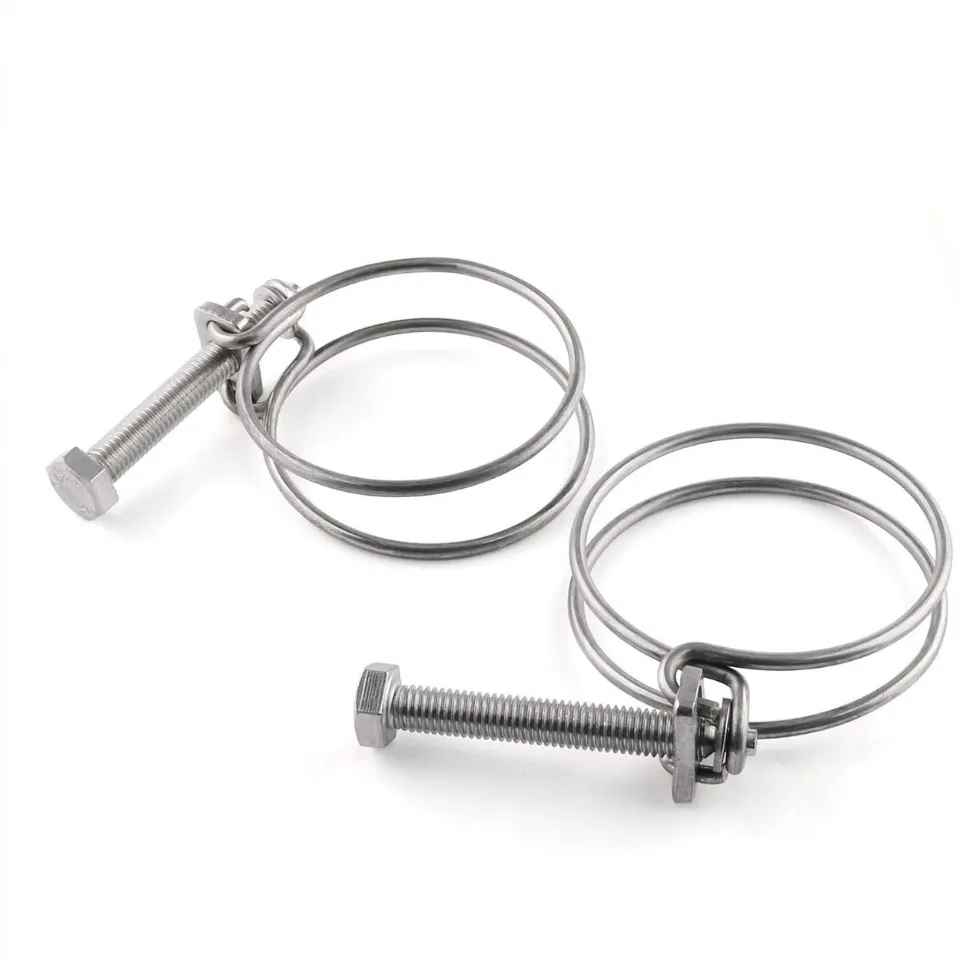
Efficient packaging for hose clamp bulk orders, ensuring safe delivery.
Manufacturer Comparison & Supplier Selection: Finding the Right Hose Clamp Manufacturer
Choosing the right hose clamp manufacturer or hose clamp supplier for your hose clamp wholesale needs is a strategic decision that impacts product quality, supply chain reliability, and cost-efficiency. Here’s how to evaluate potential partners:
- Certifications & Quality Standards: Look for manufacturers with internationally recognized certifications such as ISO 9001:2015 (Quality Management Systems), IATF 16949 (for automotive suppliers), or ISO 14001 (Environmental Management). These indicate a commitment to consistent quality and process control.
- Manufacturing Capabilities: Assess their production capacity, technology (e.g., automated assembly, precision stamping), and ability to handle large hose clamp bulk orders while maintaining consistency.
- Material Traceability: A reputable manufacturer should be able to provide full material traceability, from raw coil to finished product, ensuring transparency and accountability for material quality.
- R&D and Customization Capabilities: Can they develop custom solutions for unique requirements? This is crucial if your applications demand specific designs, materials, or performance parameters (e.g., for specialized an hose clamps).
- Industry Experience & Reputation: How long has the company been in business? Do they have a strong track record and positive customer reviews? Look for testimonials or case studies demonstrating their expertise. For example, JY has over 20 years of experience in the industry, supplying to diverse sectors globally.
- Technical Support & After-Sales Service: Do they offer expert technical assistance for product selection, installation guidance, and troubleshooting? A responsive support team is invaluable.
- Delivery Lead Times & Logistics: Evaluate their efficiency in order processing, production, and shipping. For hose clamp wholesale, consistent and reliable delivery schedules are essential to avoid project delays.
Customization Solutions and OEM/ODM Services
Many industrial applications require specific clamp solutions that are not readily available off-the-shelf. This is where the ability of a hose clamp manufacturer to offer customization (OEM/ODM) becomes a significant advantage. A skilled manufacturer can collaborate with clients to design and produce clamps that perfectly match unique requirements:
- Material Variations: Using specialized alloys for extreme temperatures, chemicals, or magnetic properties.
- Specific Sizes & Geometries: Clamps for non-standard hose or fitting diameters, or unique shapes to fit confined spaces.
- Integrated Features: Incorporating sensor mounting points, color-coding for easy identification, or unique locking mechanisms.
- Performance Optimization: Designing clamps for specific torque values, pressure ratings, or vibration damping characteristics.
- Branding & Packaging: Custom logos, packaging, and labeling for clients' own brands for hose clamp wholesale distribution.
This bespoke approach ensures optimal performance and seamless integration into complex systems, providing a competitive edge for businesses that rely on precise fluid transfer solutions.
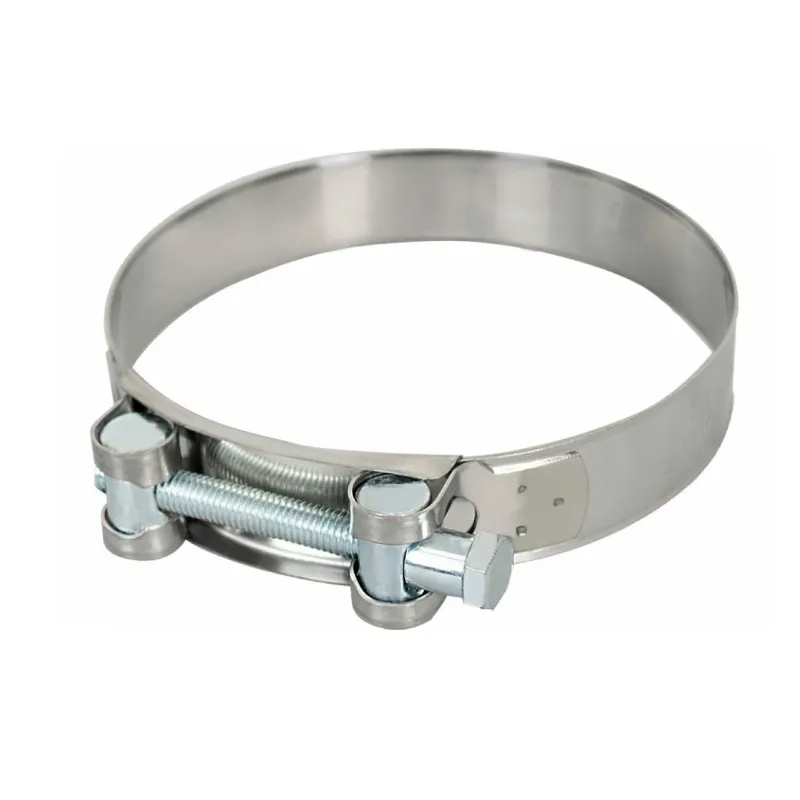
Custom hose clamp wholesale solutions tailored to unique industrial needs.
Real-World Application Cases & Customer Feedback
The true measure of a hose clamp's quality lies in its performance in real-world applications and the satisfaction of its users. Our experience as a leading hose clamp supplier has provided numerous success stories.
- Case Study 1: Large-Scale Petrochemical Plant Upgrade: A major petrochemical client required high-pressure, corrosion-resistant clamps for a facility expansion. They opted for our 316L stainless steel T-bolt clamps due to their superior chemical resistance and high clamping force. Post-installation, the plant reported zero leakage incidents related to clamp failure over three years, significantly exceeding their previous clamp's lifespan and reducing maintenance costs by 15%. "The durability and reliability of these clamps have been instrumental in improving our plant's operational safety and efficiency," stated their Lead Engineer.
- Case Study 2: Automotive OEM for Electric Vehicle Cooling Systems: An automotive OEM developing a new line of electric vehicles needed constant tension clamps that could manage thermal expansion and contraction in battery cooling lines. Our custom-designed constant tension band clamps, using specialized spring steel, provided consistent clamping force across a wide temperature range, ensuring optimal battery thermal management and preventing coolant leaks critical for EV safety and performance. The OEM cited our rapid prototyping and testing capabilities as key to their decision for hose clamp wholesale partnership.
- Customer Feedback (From a Hydraulic Systems Integrator): "For years, we struggled with inconsistent clamp quality from various hose clamp suppliers. Since switching to JY for our hose clamp bulk orders, we've seen a noticeable drop in field failures. Their products are robust, and their customer service is top-notch. It's clear they prioritize quality, which translates directly to our product's reliability."
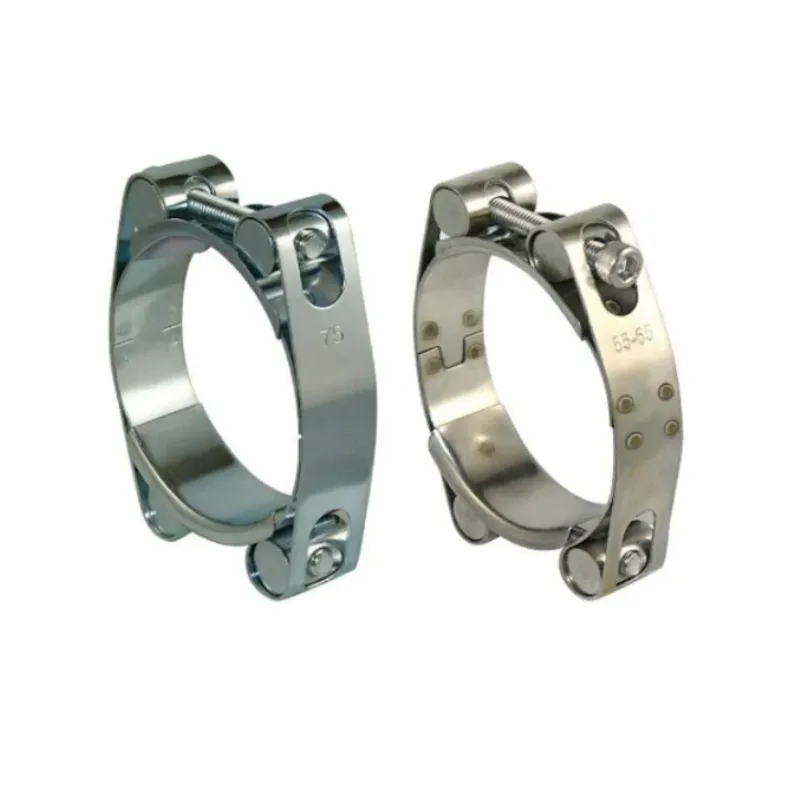
A diverse range of hose clamp bulk applications in industrial settings.
FAQ: Expert Answers to Your Hose Clamp Wholesale Questions
Q1: What are the primary differences between AISI 304 and AISI 316 stainless steel for hose clamps?
A1: AISI 304 stainless steel is a general-purpose alloy offering good corrosion resistance and is suitable for most common applications. AISI 316 stainless steel, on the other hand, contains molybdenum, which significantly enhances its resistance to pitting corrosion, especially in environments exposed to chlorides (like saltwater) or harsh chemicals. For marine, chemical processing, or food industries, 316 SS is highly recommended for hose clamp wholesale orders.
Q2: How do I determine the correct size of hose clamp for my application?
A2: To select the correct size, you need to measure the outer diameter (OD) of your hose once it is slipped onto the fitting. The clamp's specified clamping range must encompass this measurement. Always choose a clamp where your hose's OD falls within the middle of the clamp's range, allowing for proper tightening and flexibility.
Q3: What is "torque specification" for hose clamps, and why is it important?
A3: Torque specification refers to the precise amount of rotational force (measured in Newton-meters or inch-pounds) that should be applied when tightening a clamp. It's crucial because insufficient torque can lead to leaks, while excessive torque can damage the hose, the fitting, or even deform the clamp itself, compromising the seal. Adhering to manufacturer's torque specs ensures optimal performance and system integrity.
Q4: Can AN hose clamps be used for any fluid transfer system?
A4: AN hose clamps are specifically designed for aerospace-grade AN (Army-Navy) fittings and hoses, which use a unique 37-degree flare system and specific thread types. While they offer superior performance, they are generally over-engineered and costly for standard industrial or plumbing applications. Using them outside of AN-compatible systems may result in improper fitment or unnecessary expense.
Q5: What is passivation, and why is it important for stainless steel clamps?
A5: Passivation is a chemical post-treatment process for stainless steel that removes free iron from the surface and forms a protective chromium oxide layer. This passive layer significantly enhances the stainless steel's natural corrosion resistance. Without proper passivation, even stainless steel can develop rust or "rouging," especially in humid or corrosive environments, impacting the service life of hose clamp wholesale products.
Q6: What is the typical service life of a quality hose clamp, and what factors influence it?
A6: The service life of a quality hose clamp can range from several years to decades, depending on various factors. Key influences include: the material quality (e.g., 316 SS offers longer life in corrosive environments), the application's operating conditions (temperature, pressure, vibration), exposure to corrosive agents (chemicals, saltwater), proper installation (correct torque), and initial product quality from the hose clamp manufacturer. Regular inspection and replacement based on wear are crucial.
Q7: What kind of testing should a reliable hose clamp factory conduct on its products?
A7: A reliable hose clamp factory should conduct a range of tests, including: dimensional accuracy checks, torque testing (ultimate and operational), pressure/leak testing of assembled clamps, salt spray corrosion resistance tests (e.g., ASTM B117), material composition analysis (Spectroscopy), and tensile strength tests on the band and housing. These tests ensure product performance, durability, and compliance with industry standards for hose clamp for sale.
Trustworthiness: Delivery, Warranty & Customer Support
At JY, we understand that reliability extends beyond product quality to the entire customer experience. Our commitment to trustworthiness is reflected in our robust logistics, comprehensive warranty, and dedicated customer support for all hose clamp wholesale clients.
- Efficient Delivery & Logistics: We leverage a streamlined supply chain and robust logistics partnerships to ensure timely and efficient delivery of your hose clamp bulk orders. Our typical delivery schedules are communicated clearly at the time of order confirmation, with options for expedited shipping when necessary. We manage inventory effectively to meet demanding production schedules.
- Comprehensive Quality Assurance & Warranty: Every hose clamp manufactured by JY undergoes stringent quality control at each production stage, adhering to ISO 9001 standards. We stand behind the quality and performance of our products with a comprehensive warranty against manufacturing defects. Details of our specific warranty terms are provided with each quotation, giving you peace of mind.
- Dedicated Customer Support: Our team of technical experts and sales professionals is readily available to assist you. From initial product selection and technical inquiries about hose clamp for sale to after-sales support and problem resolution, we are committed to providing prompt, knowledgeable, and friendly service. Our goal is to build long-term partnerships based on trust and mutual success.
Conclusion: Your Partner for Hose Clamp Wholesale Excellence
In the complex world of industrial components, the seemingly simple hose clamp holds immense importance for system integrity and operational efficiency. By prioritizing high-quality materials, advanced manufacturing processes, and rigorous testing, a reputable hose clamp manufacturer ensures that every clamp performs reliably, minimizing downtime and maximizing safety. When procuring hose clamp wholesale, it is not merely about purchasing a component; it's about investing in the reliability, durability, and ultimate success of your own products and systems.
Partnering with a trusted hose clamp supplier like JY provides access to a wide range of superior products, customization capabilities, and unwavering support. We are dedicated to delivering not just clamps, but comprehensive solutions that meet the evolving demands of various industries, from standard applications to specialized an hose clamps requirements. Choose quality, choose reliability, choose a partner committed to your success in the hose clamp bulk market.
References:
- [1] SAE International. (2020). SAE J1508: Hose Clamp Specifications. (This is a common standard, often referenced in automotive industry for hose clamps.) https://www.sae.org/standards/content/j1508_202008/
- [2] ASTM International. (2017). ASTM B117: Standard Practice for Operating Salt Spray (Fog) Apparatus. (This standard is used for corrosion testing of many components, including clamps.) https://www.astm.org/b0117-17.html
- [3] Manufacturing Today Magazine. (2023). Innovations in Fastener Manufacturing: Driving Efficiency and Durability. (General industry trends for fasteners often include clamps.) https://manufacturingtoday.com/innovations-in-fastener-manufacturing-driving-efficiency-and-durability/
This is the first article
Latest News
Steel Wire Reinforced Hydraulic Hose SAE 100 R1 / EN853 1SN S
NewsOct.17,2024
Two Layers Steel Wire Reinforced Hydraulic Hose SAE 100 R2 / EN853 2SN
NewsSep.03,2024
Textile Braid Reinforced Hydraulic Hose SAE100 R3+R6
NewsSep.03,2024
Textile Reinforced Hydraulic oil Suction Hose with embedded Steel Wire SAE 100 R4
NewsSep.03,2024
Single Wire Braid and Textile Covered Hydraulic Hose SAE 100 R5
NewsSep.03,2024
High Pressure Thermoplastic Hydraulic Hose SAE 100 R7 / EN855 R7 - SAE 100 R8 / EN855 R8
NewsSep.03,2024
Heavy Duty Four-layer Steel Wire Spiral Reinforced Hydraulic Hose SAE100R9+R10+R12
NewsSep.03,2024
Heavy Duty Multi-layer Steel Wire Reinforced Hydraulic Hose SAE100R13 SAE100R15
NewsSep.03,2024
Latest Products
